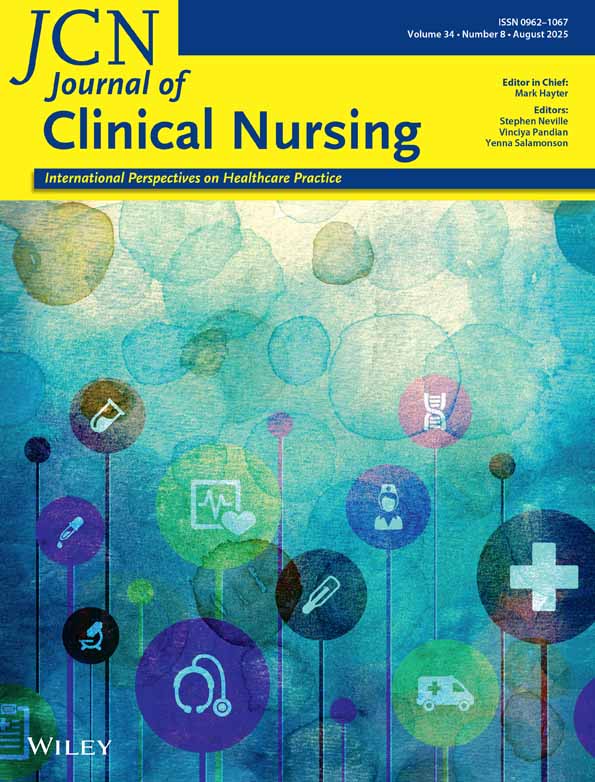Dementia diagnosis and disclosure: a dilemma in practice
Abstract
Background. Providing the individual with the correct information about their diagnosis can help maximize the patient's autonomy, however empirical evidence identifies inconsistencies in the practice of diagnosis disclosure in dementia. Within health care, ethical problems arise frequently and these present a challenge for health care professionals. This challenge can also give rise to conflict when professionals are torn between respecting autonomy, doing good and avoiding paternalism.
Aim. The aim of this paper is to highlight the need for interprofessional collaboration when faced with ethical dilemmas such as diagnosis disclosure in the care of adults with dementia. The use of a dialogue and supplementary notes are used to explore crucial ethical points raised by health care professionals.
Relevance to clinical practice. The increasing rate of dementia and the need for patients to have access to timely and appropriate information about their diagnosis has prompted much debate about disclosing the diagnosis with the individual who has dementia. This paper may also be useful for educational purposes when used as a framework for discussion/debate in student nurse education.
Conclusion. Ethical theories are of benefit in assisting the members of the multidisciplinary team to reach a morally defensible decision. Making ethical decisions in practice can cause the nurse concern. While there is no complete set of ‘rules’ that can provide an answer to each ethical dilemma, it is of immense value to nurses working within the multidisciplinary team to possess a sound knowledge of ethical positions in order to analyse the many complex situations that nurses encounter. The pivotal role of the health care professional is to work in collaboration and engage in sharing the diagnosis with the patient. It is hoped that this paper will stimulate and encourage further debate and study regarding the individual with dementia and diagnosis disclosure. Recommendations for practice, education, policy and research will also be highlighted.




